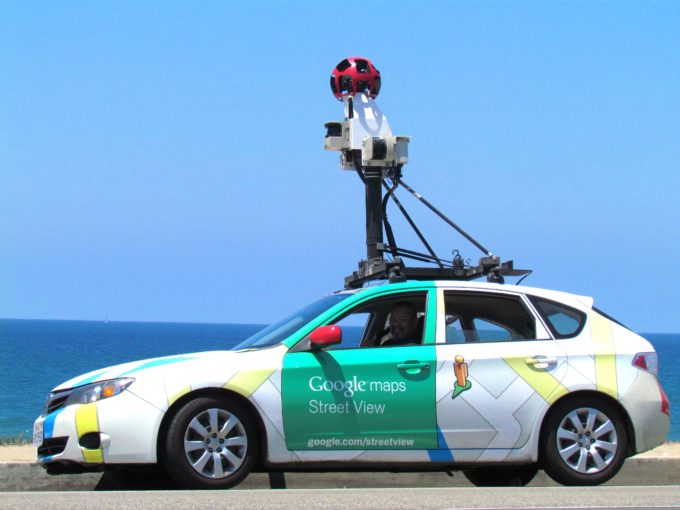Order Granting Final Approval of Class Action Settlement, Granting Attorneys’ Fees, and Entering Final Judgment, In re Google LLC Street View Electronic Communications Litigation (N.D. Cal Mar. 18, 2020) (No. 10-md-02184-CRB), order hosted by courthousenews.com.
Judge Charles Breyer of the Ninth Circuit gave final approval to a proposed $13 million settlement in In re Google LLC Street View, a class action alleging that the company illegally gathered Wi-Fi network data using its Street View car fleet. Judge Breyer issued the order on March 18 over the objections of many state attorneys general and public interest groups, who expressed their opposition to the settlement’s unusual structure. Known as a cy pres settlement, the order will distribute the remaining $10 million damages (less attorneys’ fees and other payments), to nine nonprofit organizations involved in addressing consumer privacy issues, rather than to impacted consumers themselves.
Cy pres settlements have been criticized by activists like Ted Frank of the Center for Class Action Fairness (now part of the Hamilton Lincoln Law Institute), who argues that such deals hurt consumers by not allocating any portion of the settlement to the certified class, “extinguish[ing] class members’ claims in exchange for nothing.” Class counsel Daniel Small resisted this interpretation, countering that the Ninth Circuit has repeatedly found such settlement agreements appropriate in cases with millions of potential unnamed plaintiffs. In such cases, the argument goes, it is not feasible to identify and contact every class member and not “economically viable” to divide the settlement amount into individual payments. In this case, identifying each class member would have required review of roughly 300 million frames of data in order to match users’ physical addresses with the electronic addresses of the hijacked wifi routers.
Frank filed an objection in this case on behalf of class member David Lowery, arguing that class counsel made their feasibility and economic viability determinations prematurely, and that prospective class members should have been allowed the opportunity to self-identify themselves via sworn affidavits. Considering the low claims rates recorded in most class actions, payments made to claimants would likely have consisted of more than “mere pennies,” as class counsel allege. Acknowledging that if the total settlement amount of $13 million were distributed to the estimated 60 million class members, each would receive around 22 cents, Frank asserted that even then, “22 cents is better than nothing.”
Frank’s objection brief also raised arguments challenging the size of the $4 million award of attorneys’ fees to the class counsel, the apparent connections between the lawyers involved in the case and the proposed cy pres recipients, and asserting a violation of Lowery’s First Amendment right against compelled speech, in that the settlement uses his money as a class member to support groups he does not approve of. Other opponents of the settlement note that this deal generates no new benefits to the class beyond those in an agreement negotiated in 2013 with 39 state attorneys general, under which Google agreed to stop harvesting personal data, destroy any data collected as part of the Street View activities in question, and educate consumers about encryption and security on their wireless networks (all elements of the cy pres settlement agreement).
Judge Breyer made clear in a fairness hearing in February that he thought plaintiffs had standing to sue, asserting that “it’s an important vindication of an individual’s rights to be able to seek redress in a court for an injury, especially for an injury for privacy”. In the end, however, he found that a settlement which would likely benefit only the 1% of the class that self-identified at the expense of the other 99% was not obviously superior to a cy pres settlement awarding funds to non-profit organizations working to protect all class members’ privacy rights.
Judge Breyer’s decision in this case will support future damages awards to consumer advocacy organizations in similar litigation. However, any future judgments resulting in larger monetary settlements, which may be more feasibly distributed among members of a large class, will continue to raise questions as to the fairness of cy pres agreements.
The nonprofit organizations identified in the final order, among which the settlement will be divided equally, are as follows: (1) Center on Privacy & Technology at Georgetown Law; (2) Center for Digital Democracy; (3) MIT Internet Policy Research Initiative; (4) World Privacy Forum; (5) Public Knowledge; (6) American Civil Liberties Union Foundation; (7) Consumer Reports; (8) EPIC; and (9) Rose Foundation for Communities and the Environment.
